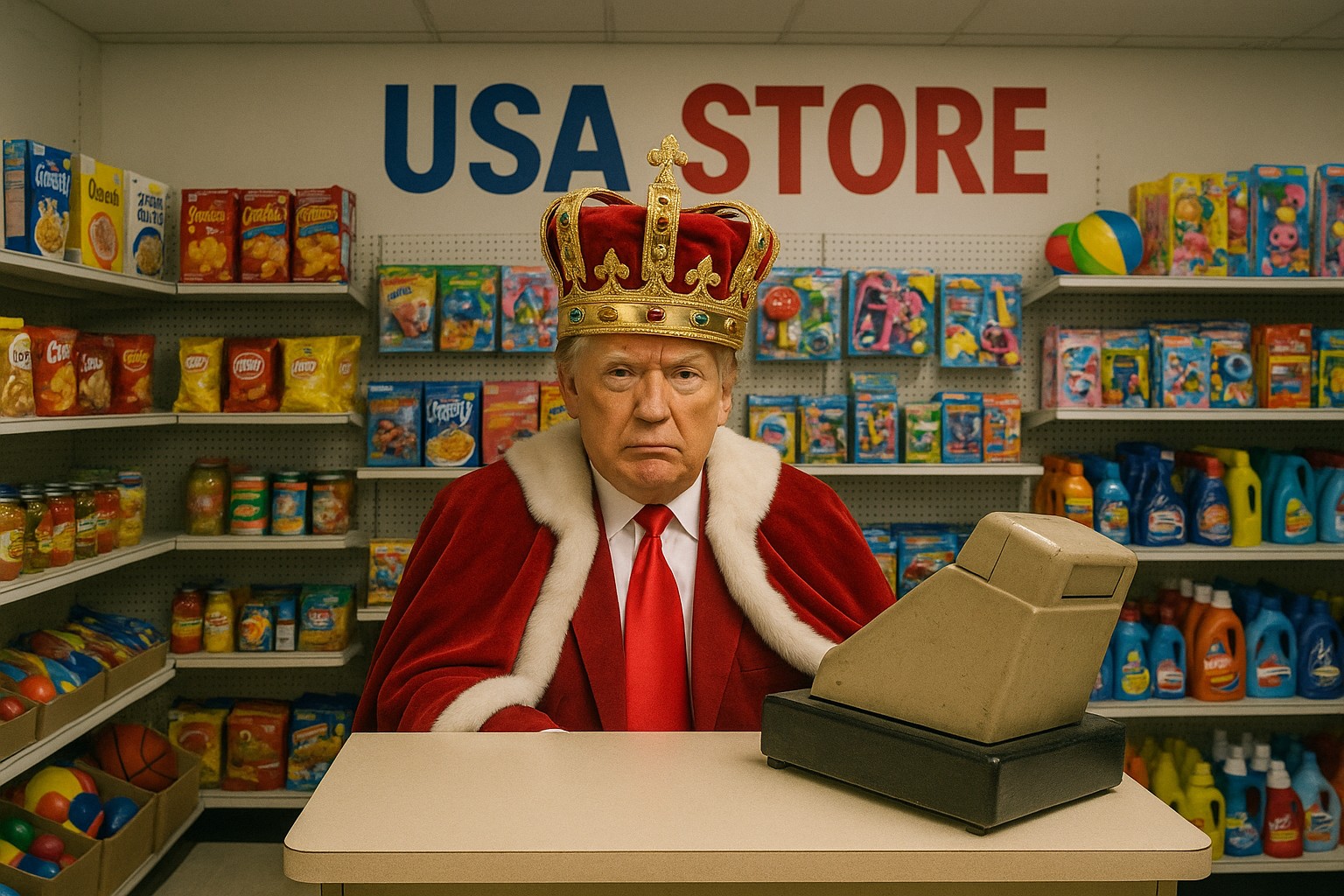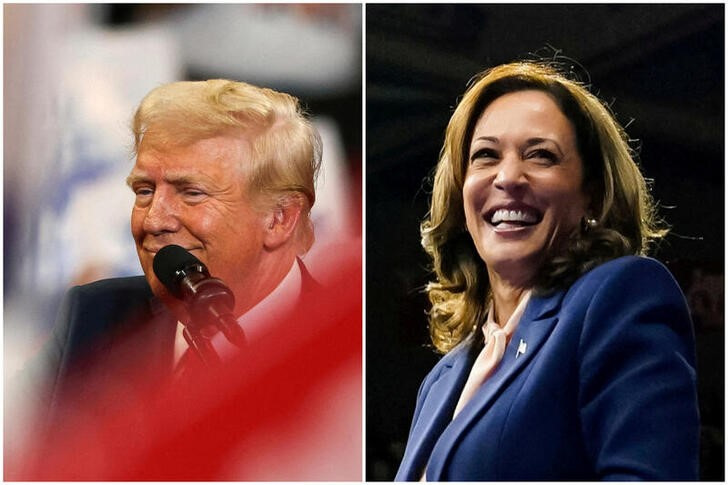Michael Spence, who shared the 2001 Nobel Prize in economics, is an emeritus professor of economics at Stanford University’s Graduate School of Business. He recently wrote an op/ed titled “In defense of industrial policy.” It is gated at Project Syndicate but appears ungated in the Jordan Times.
His case is, at best, flabby. It lacks any empirical evidence and takes as given, without argument or evidence, the idea that many government interventions have benefits that exceed costs.
A few highlights:
The objective of industrial policies is to alter market outcomes in ways that align them better with a country’s broader economic and social objectives. Free-market purists may bristle, but in the real world many relatively uncontroversial and even widely supported, government interventions shape market outcomes.
The first 10 words are correct. But what does he mean by “a country’s broader economic and social objectives?” Does he mean the economic objectives of a president and a Congress? I think so. But why should we give weight to their preferences? Is it the old “we voted for them” argument? But what about the fact that even the majority of registered voters, let alone the majority of U.S. adults, didn’t vote for them? Moreover, given everything we know about the incentives of politicians and about who rises to the top, aren’t their objectives likely to be fairly narrow rather than broad?
He says that “Free-market purists may bristle.” That’s probably true. But wouldn’t even many clear-thinking people who aren’t free-market purists bristle also at the ease with which Spence would have government dictate to the rest of us? By focusing on free-market purists, though, a group that he must know is relatively tiny, he manages to avoid actually making an argument. He’s saying, in effect, we can dismiss them because they’re purists.
He then writes:
For example, public-sector investment in infrastructure, education and the economy’s science and technology base is considered an essential complement to private investment, mitigating risks, increasing returns and bolstering overall economic performance. Other widely accepted interventions that alter market outcomes include antitrust or competition policy, measures to overcome information gaps and asymmetries and regulation to address negative externalities, protect user data and guarantee the safety of everything from airplanes to food.
Let’s consider this paragraph bit by bit. Note Spence’s use of the passive voice in his first sentence. Considered by whom? He doesn’t tell us. Probably considered by Spence and certainly by many others. But on what basis do they reach these conclusions? Blank out. Now consider his second sentence. It’s true that the interventions he mentions are widely accepted. But should they be? He seems to take as given that because they’re widely accepted, they’re good ideas. And do we get safer airplanes because government regulates? Maybe. But I can tell you how we get more dangerous airplanes in general aviation than we would likely get with minimal or no regulation. The FAA makes it so costly for a small airplane producer to get permission to sell innovative products, that many possible products don’t exist. So airplane owners hang on to older airplanes for 40 or 50 years. The odds are, given that safety is a normal good and that real income and wealth have increased a lot in the last 50 years, that without costly regulation, many new safer airplanes would exist and send at least a few of the older less-safe airplanes to the garbage dump. But Spence doesn’t consider this possibility.
Spence then writes:
But these are responses to known market failures. Industrial policies, at least the most divisive ones, go a step further, reshaping the supply side of the economy in pursuit of objectives other than efficiency in the allocation of resources.
His first sentence is simply an assertion. He gives no basis for it. His second sentence, though, is correct.
Aware that he must deal with the issue of the government picking winners and losers, he writes:
The second component, however, has proved divisive. Critics point out that selective public investment in any industry’s productive capacity amounts to picking winners and losers. In their view, governments are not well-equipped to take on this task, not least because vested interests can capture the decision-making process.
Though this argument in favor of relying on market outcomes should not be dismissed out of hand, it should be met with some scepticism, not least because it is often rooted in an almost religious commitment to unfettered competition. In fact, industrial policy can be essential to a country’s long-term economic survival, as in the case of defence, particularly in times of war.
The first paragraph of the two above is promising. Spence shows that he’s aware of the special interests that could distort the process and lead to bad results. But the second paragraph undercuts that. The argument, he says, “is often rooted in an almost religious commitment to unfettered competition.” For some people who make that argument, that’s probably true. But whether it’s rooted in such a commitment isn’t relevant. The questions is, “Is the argument correct?” But by bringing in the idea that some of the people who disagree with him might be “religious” about their disagreement, he cleverly avoids actually dealing with the argument.
Spence then writes:
The real question is not whether industrial policy is worth pursuing, but how to do it well. Government capacity is decisive: to act effectively as an investor and major buyer of products and services, the government needs people with talent and experience, receiving compensation to match, and well-designed institutions. Moreover, goals should be precise, limited and clear, and guardrails must be erected to protect against private-sector capture. Industrial policy is not corporate welfare.
Isn’t that only one of the real questions? Isn’t another question whether industrial policy is worth pursuing? Is this question irrelevant? Spence seems to think so.
Spence asserts that the Defense Advanced Research Projects Agency (DARPA) and the government support of the COVID-19 vaccine are examples of successful industrial policies. That might be true, but he doesn’t give evidence to support his claim.
Spence admits that there are industrial policy failures but points out that venture capitalists fail too. He writes:
No one expects every investment made by a venture-capital fund to be a home run. Governments should be afforded the same leeway. A decent track record is good enough to make industrial policy pay off for taxpayers.
His first sentence is absolutely correct. But the difference between venture capitalists and governments is that venture capitalists are betting their own money while governments are betting our money. That’s a big difference. The very essence of economics is its focus on incentives. The incentives for venture capitalists and government officials are quite different. If the venture capitalists succeed, they might make a lot of money; if they fail, they lose their own money. If government officials succeed, they might get a nice promotion and $10,000 or $20,000 more annually; if they fail, they might not even get demoted.
I would have thought that the difference in incentives would be one of the first concerns that would arise in the mind of an accomplished economist. But maybe Spence would say that that’s because I’m religious.
Postscript: Here is the biography of Michael Spence that I wrote in The Concise Encyclopedia of Economics.















